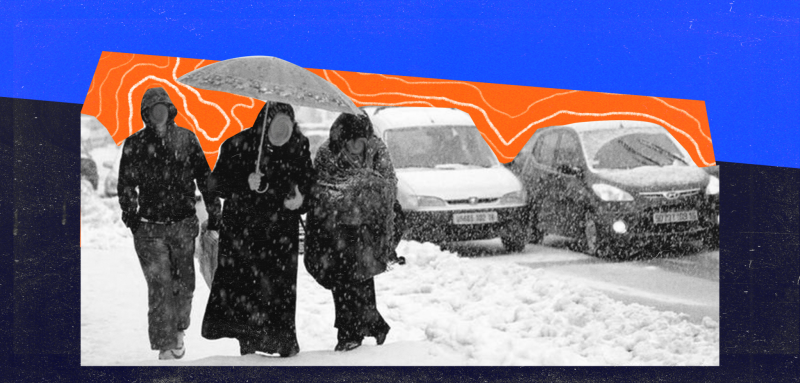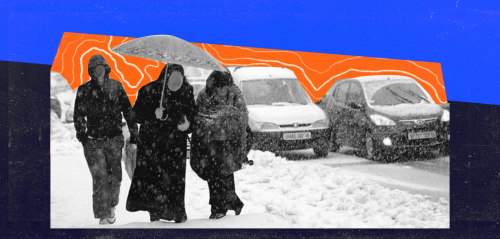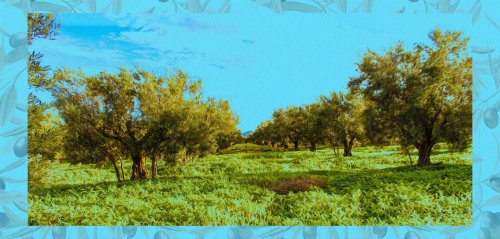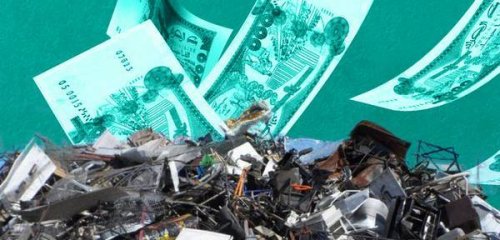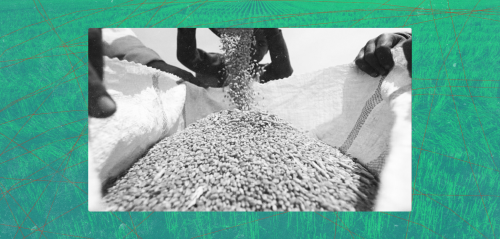The village of Assratou, located on the border of the Texenna region of Jijel Province (a coastal city in eastern Algeria), is one of the areas surrounded by snow on all sides, nestled in frost, stifling the breath of its inhabitants.
The charming village of Assratou, at an altitude of more than 1,300 meters above sea level, is clearly affected during the winter by the cold, where snow thickness exceeds 30 centimeters while the temperature does not exceed 9 degrees Celsius in the daytime.
Although the snow hides its green meadows and majestic peaks that are embraced by the clouds, covering them in a beautiful white blanket, it deepens the wounds of the villagers there, who suffer every year from isolation from the outside world.
Massoud Daribi, a resident of the Assratou region, tells Raseef22 that during the snow season, the region experiences torment and suffering that carries a hope mixed with pain that only those who share this siege in the villages can feel with us.
He says, "All the roads leading to the village of Assratou, which is situated in the middle of four other towns – the town of Selma Benziada, the town of Eraguene Souici, and the town of Boudriaa Ben Yadjis – cannot be crossed or traveled through when snow falls, so it is strictly forbidden to use them until the heavy weather have passed."
"At this time of the year, Assratou is subjected to social isolation and a complete absence of communication with the community, as there is no school, no shopping, not even a visit to a doctor, except in the case of extreme necessity"
A few weeks ago, many governorates of the country witnessed a cold wave with temperatures ranging from three to six degrees below zero, such as the governorates of Béjaïa, Bouïra, Sétif, Constantine and Skikda, in addition to snowfall with a thickness of between 10 and 15 centimeters, accompanied by heavy rainfall in some areas up to 50 millimeters locally.
Social isolation
"Here man is forced to adapt to the climate and its harshness,” says Massoud. “When the cold of autumn invades our region and its cold winds blow the summer heat away, women are forced to stock up on widely consumed items such as soft wheat or semolina (flour), oil, sugar, salt and some other food items that are used in cooking traditional dishes that help us keep our bodies warm, such as Mermez, an Algerian dish cooked from unripe barley grains, after they are ground, dried, and cooked in a pot over low heat. After it is done, it is coated with spicy grease or olive oil and sprinkled with a little sugar."
"Therefore, women in such circumstances are the backbone of the community, as they are the ones who collect firewood from nearby forests and store them in large bundles, to ward off the harshness of winter. The women usually collect the wood of oak trees, elm trees, and the remains of olive tree branches, because they retain great heat."
"At this time of the year, Assratou is subjected to social isolation and a complete absence of communication with the community, as there is no school, no shopping, not even a visit to a doctor, except in the case of extreme necessity. In cases of emergencies, only strong, young men mobilize themselves to reach the nearest point 5 kilometers away from the village, located on state road 137 linking Texenna and the town of Selma Benziada, and this trip requires a great deal of risks and challenges."
Patience is the only weapon that the people of Assratou can use to cope with the harshness of the cold and heavy snow
Patience, their only weapon
Patience is the only weapon that the people of Assratou can use to cope with the harshness of the cold and heavy snow, as everyone is forced to adapt to any conditions or circumstances and are forced to always be ready for every emergency.
According to Massoud, the snow is more severe on livestock due to the lack of pastures and the inability of shepherds to take them out into the forest to graze, noting that "in such circumstances, the villagers lose half of their livestock."
In a first of its kind, the village witnessed the visit of the commander of the Gendarmerie Nationale (a national military force for the People's Democratic Republic of Algeria), who intervened with his squad to ensure that the road was opened with the help of snow plows and the use of salts used to dissolve the snow on the roads.
"How distressing life would be without the small presence of hope," begins Taher Ali al-Arnan, a resident of the village of Siouane, administratively affiliated to the municipality of Ouled Attia in the province of Skikda (an Algerian city about 140 km away).
It is a good town that doesn’t lose its beauty throughout all the seasons, even in the autumn when the leaves and foliage tend to turn dry and yellow. It is known for its cold climate in the winter and mild summers, and perhaps the most prominent feature that distinguishes it is also the dense fog in the winter and sometimes in the first days of spring. The topography of this village is dominated by a predominantly mountainous terrain, and it is located below the mountains adjacent to the town of Oum Toub to the west. It is located 1,000 meters above the sea level, and the thickness of the snow usually exceeds one meter.
Taher Ali al-Arnan speaks of the residents’ troubles during the severe cold waves that sweep through Algeria during this period, saying, "In the last air turbulence that hit the region in 2012, the falling snow enforced a siege on the village for 13 days"
A tiny prison
Taher adds, "Although this village brings joy and happiness to all its visitors, and despite the beautiful and joyful white world the the snow brings, it turns into a tiny prison during this period.”
This atmospheric turbulence, which swept more than 34 governorates, is the third of its kind in terms of severity and harshness, and according to activist Taher, the village witnessed the first severe weather disturbance in 2005, the second was in 2012, and the third is taking place these days. During this period, the locals of the region experience stories of suffering that only its residents feel, since all routes to enter or exit are cut off. This reflects what we have experienced in recent days after the snow closed the traffic on State Road No. 7, until the snow plows came in to put salt on the roads."
In this village, in such circumstances, local elected officials and politicians are absent, and according to the activist, the administrative or governmental presence is limited to the head of the town, his deputy, and members of the Gendarmerie Nationale and Civil Protection (Civil Defense).
The man, accompanied by dozens of young men in the village, came together to carry patients on their shoulders, crossing a distance of more than 7 kilometers for medical aid. He recounts how they were often surrounded by snow, "We used to glimpse a stranded car on the road every few kilometers, and the problem was not in the state roads, but rather in the secondary routes surrounding the village, which cannot be walked through in a stable manner, since they incline at times and slope downwards at other times, all this while we are carrying patients on our backs who face difficulties in moving their bodies or parts of them."
Why does the state leave the mountain dwellers to face the cold and frost on their own without any support!
Primitive forms of heating
Taher Ali al-Arnan speaks of the residents’ troubles during the severe cold waves that sweep through Algeria during this period, saying, "In the last air turbulence that hit the region in 2012, the falling snow enforced a siege on the village for 13 days."
According to the resident, "there’s a glimmer of hope represented in initiatives, mostly by a group of young people who put their lives on the line and went through extreme efforts to provide the residents with the necessary needs, such as food, clothing and medicines, so that the villagers could face the heavy and thick falling snow and low temperatures."
"The young people in this village and neighboring villages are used to triumphing over nature and conquering the snow. They can handle the elements with great skill, and their best weapon is to wrap themselves with heavy clothes and keep warm with primitive tools."
In conclusion, the man notes the work that the Gendarmerie Nationale, the Algerian army, and public works units are doing to remove the accumulated snow that obstructs traffic using snow plows and intervene in cases that require rescue.
Raseef22 is a not for profit entity. Our focus is on quality journalism. Every contribution to the NasRaseef membership goes directly towards journalism production. We stand independent, not accepting corporate sponsorships, sponsored content or political funding.
Support our mission to keep Raseef22 available to all readers by clicking here!
Interested in writing with us? Check our pitch process here!
